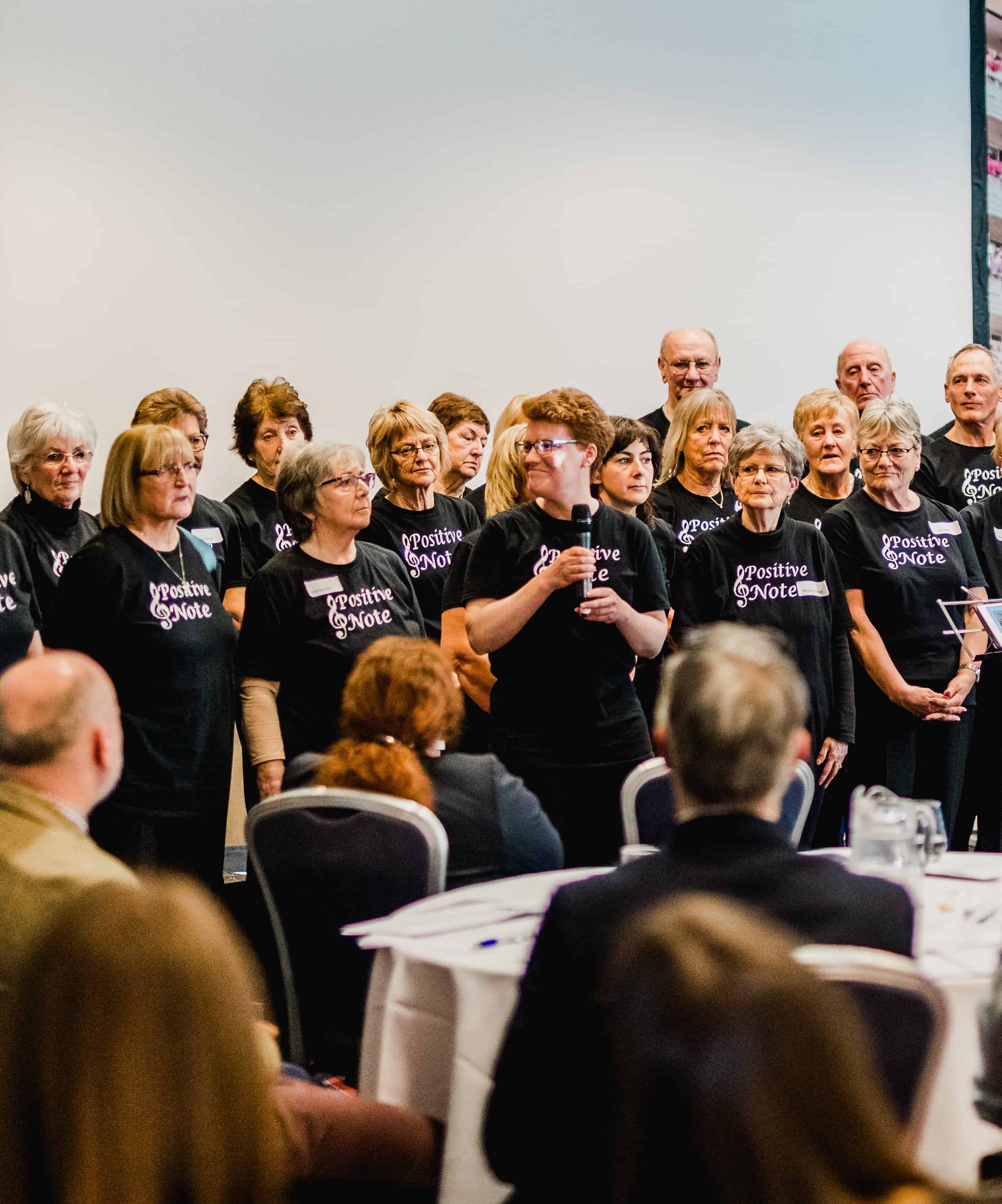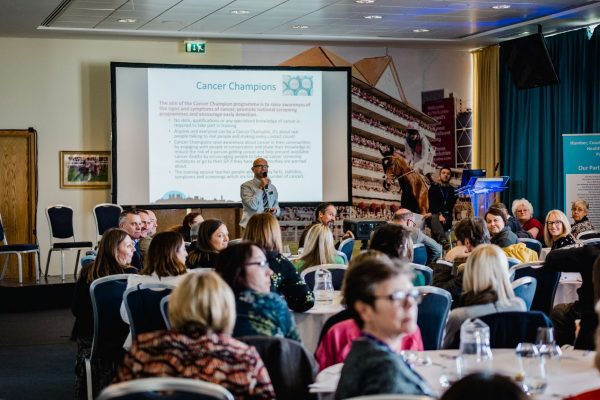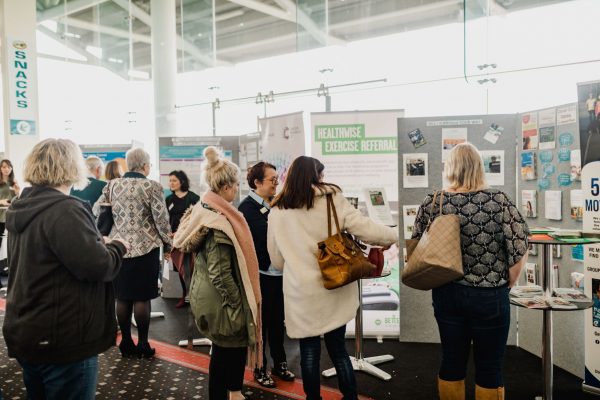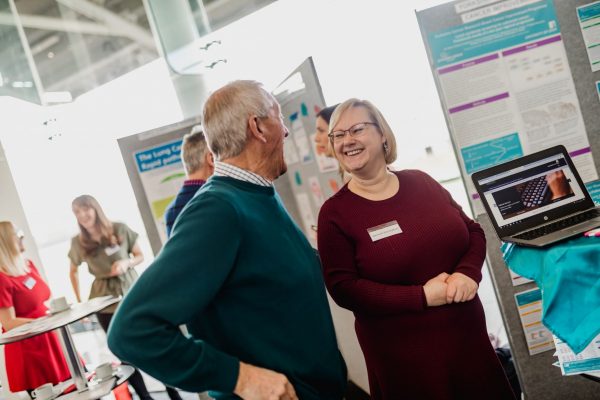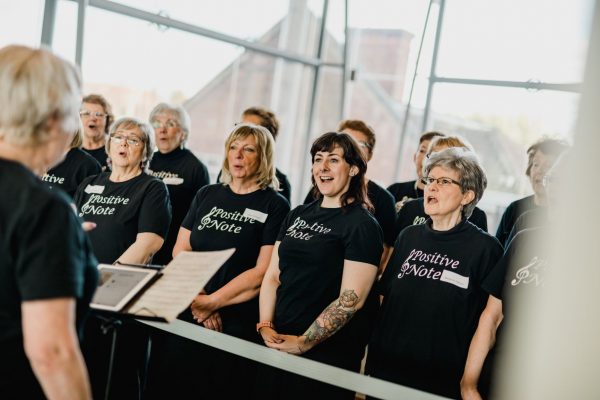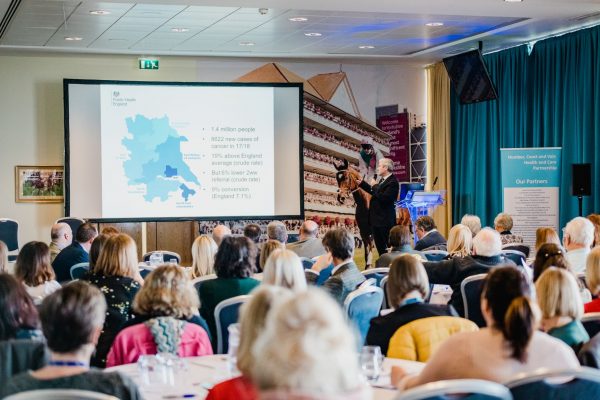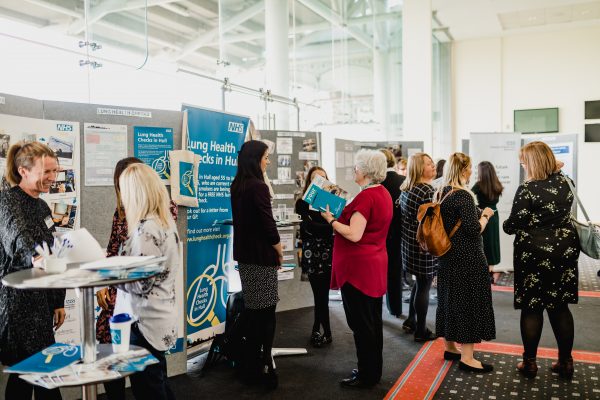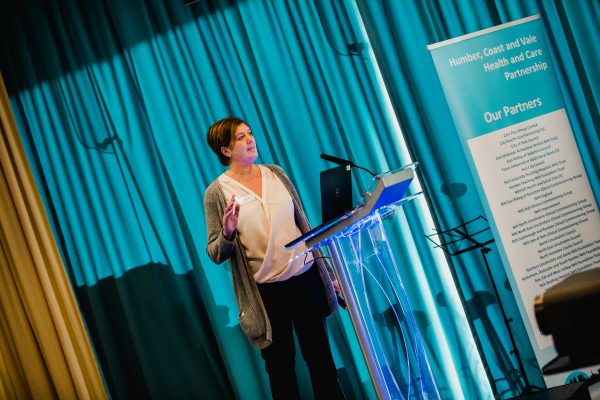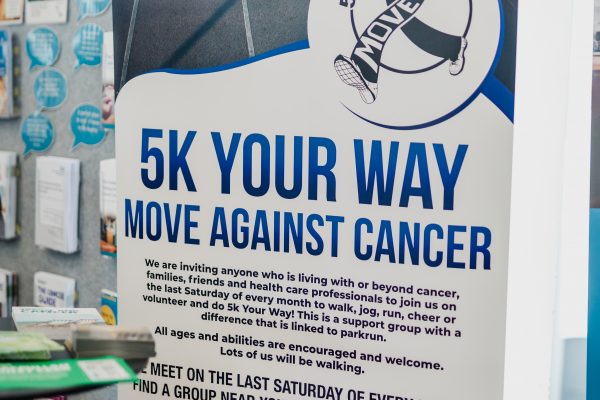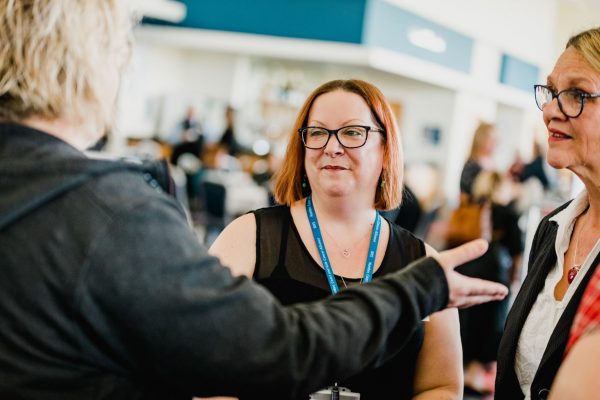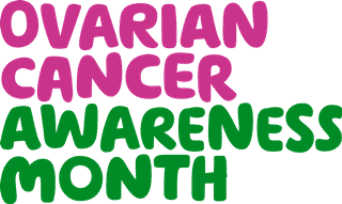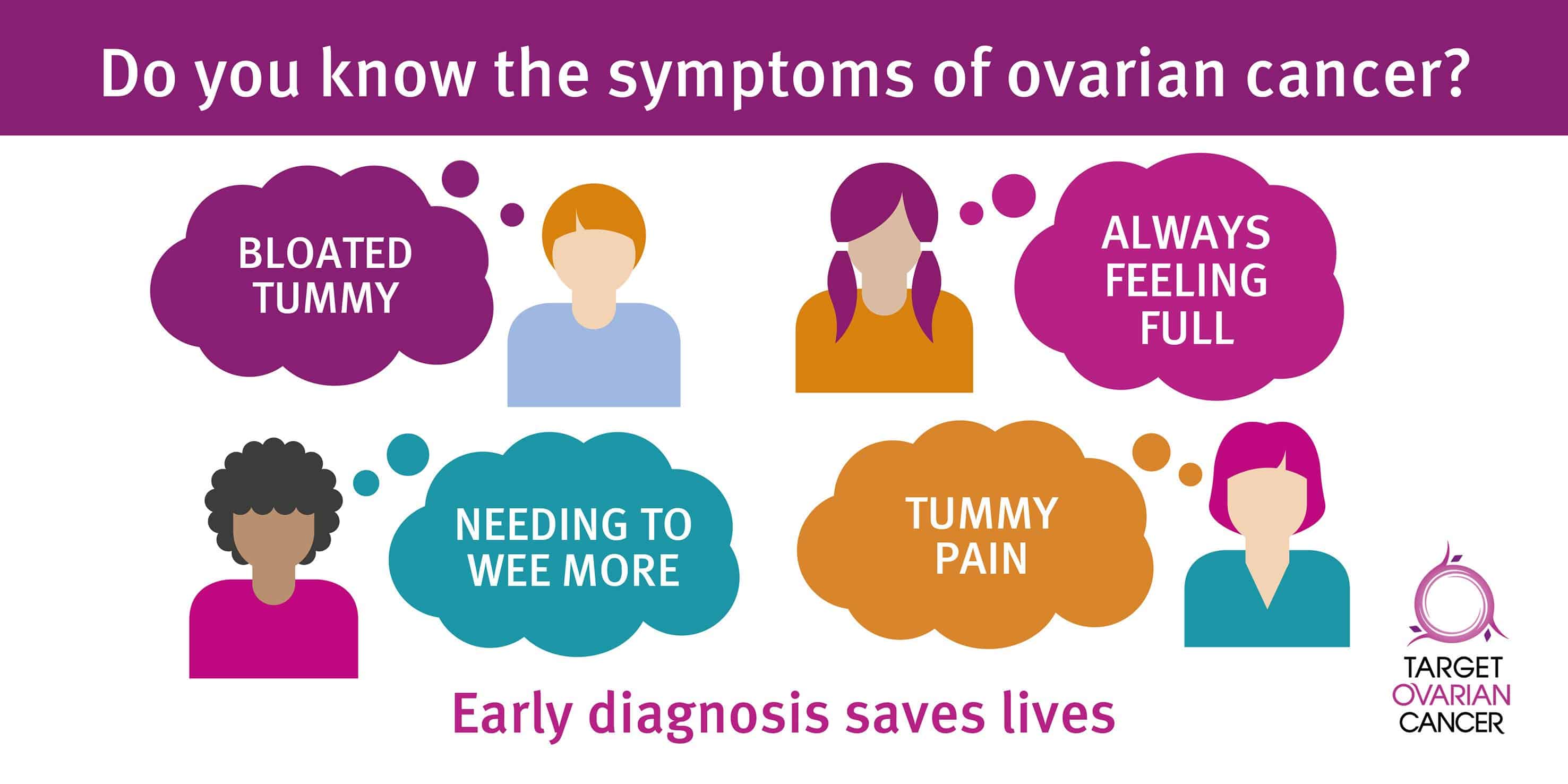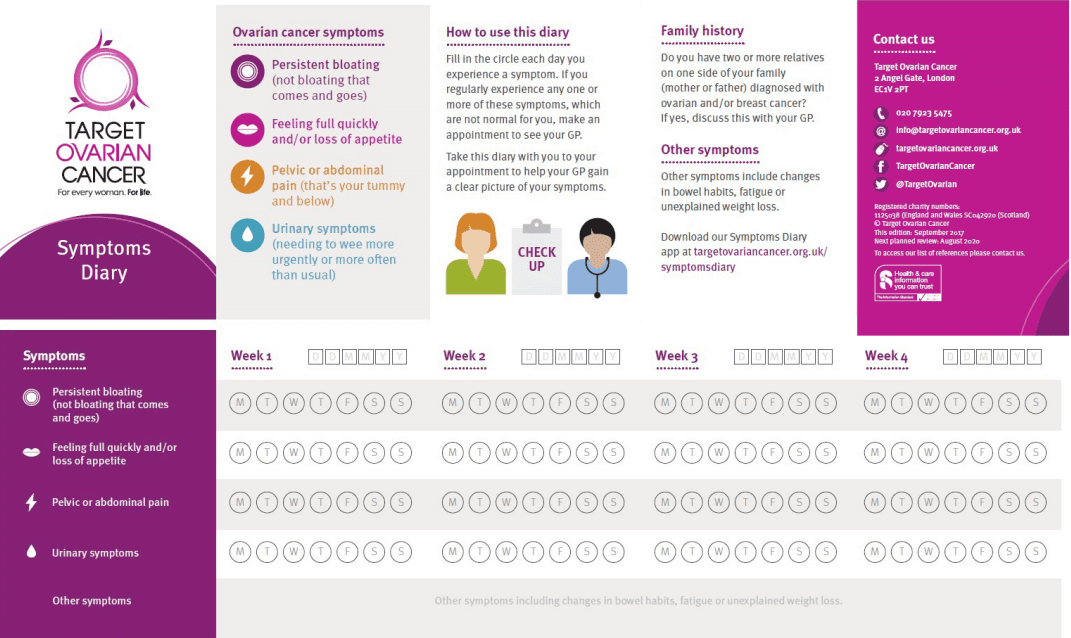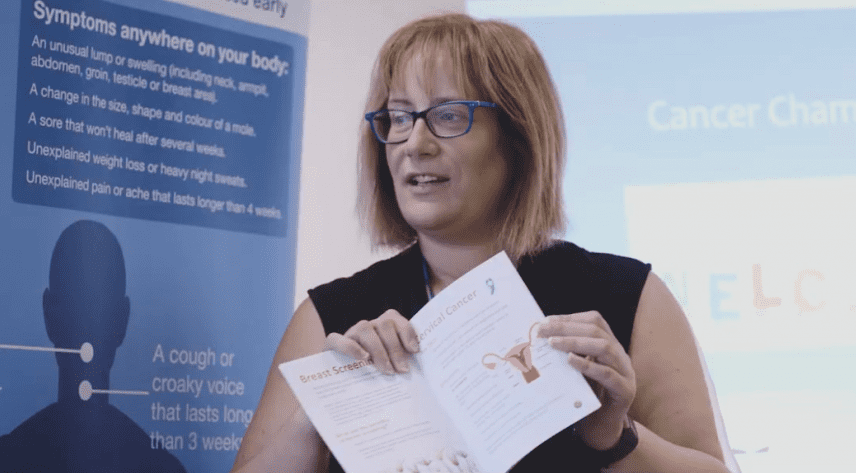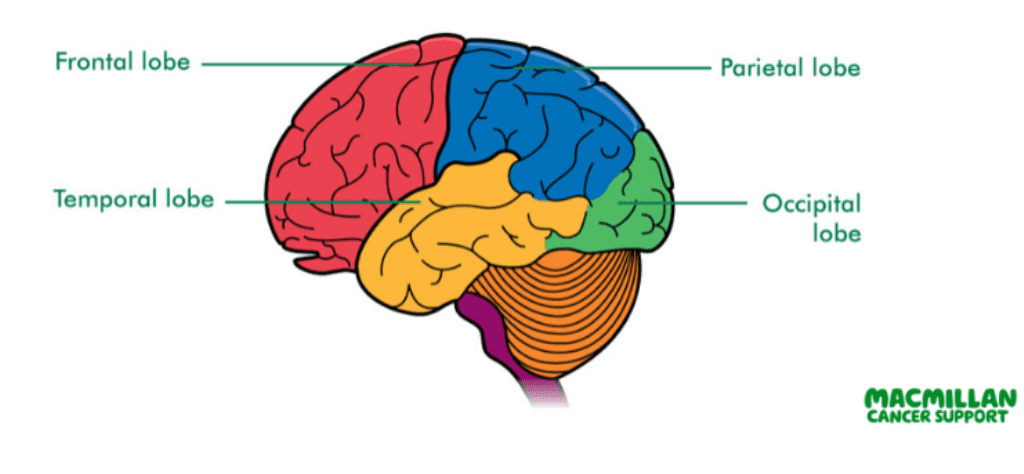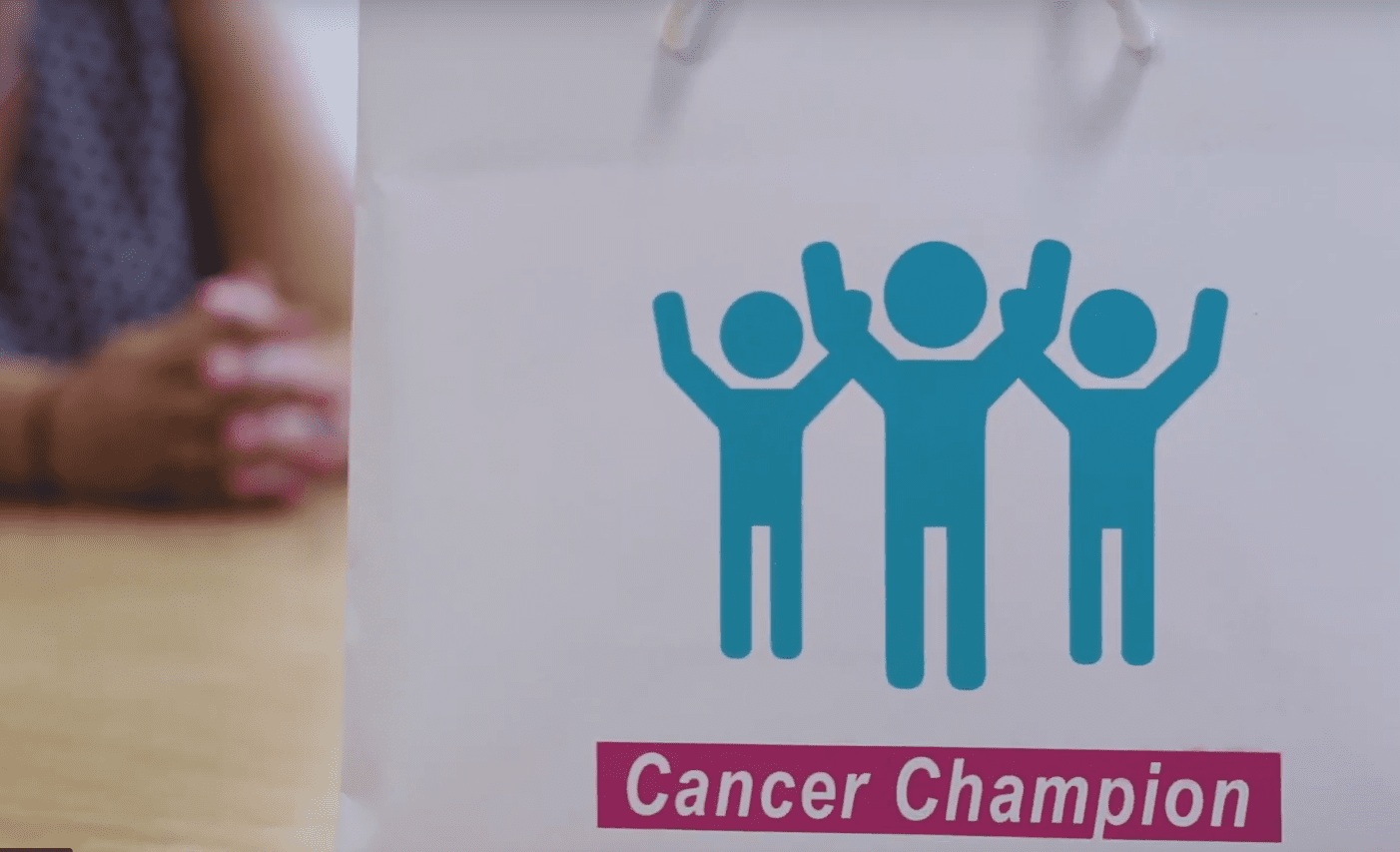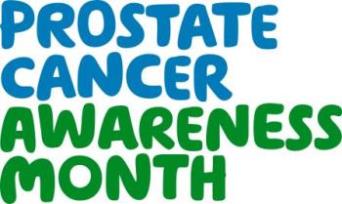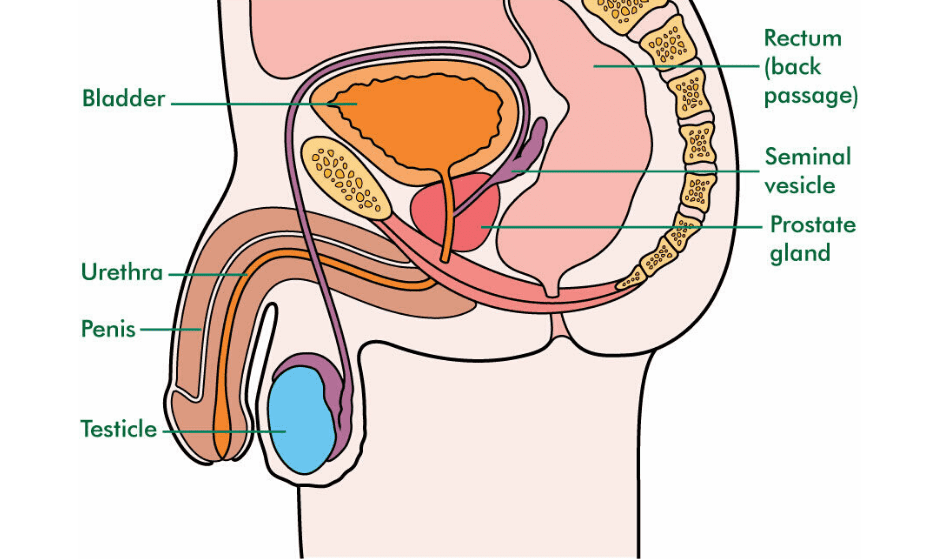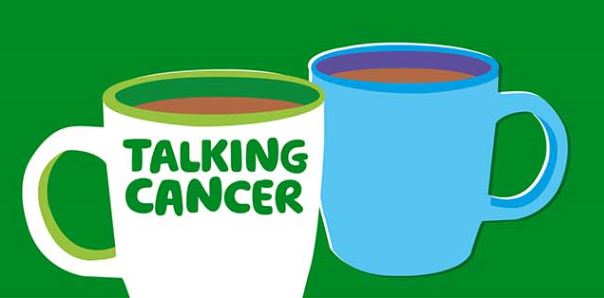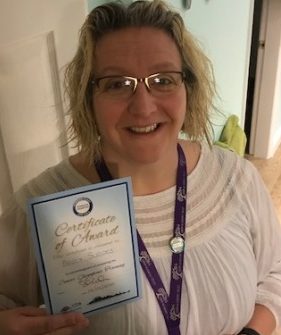
The Humber, Coast and Vale Cancer Alliance has appointed a new Managing Director, Yvonne Elliott.
Yvonne started with us on 27th March 2020 and, over the next few months, will be spending time speaking with colleagues and the community as she transitions into her new role.
On beginning her new position during the COVID-19 pandemic, Yvonne said,
“It is important that Humber, Coast and Vale Cancer Alliance is there to offer support and assistance to all our stakeholders in these challenging and ever-changing times. That includes patients, primary care, clinical commissioning groups, and hospital trusts, as well as the third sector – all with regards to the coordination and provision of cancer services across Humber, Coast and Vale.
We are here to help, to offer support, and to come together so that our colleagues at the front line of delivering cancer care can focus their efforts on patients. We will continue to work with our partners in a way that provides them with assurance and will respond flexibly to support them at this time.”
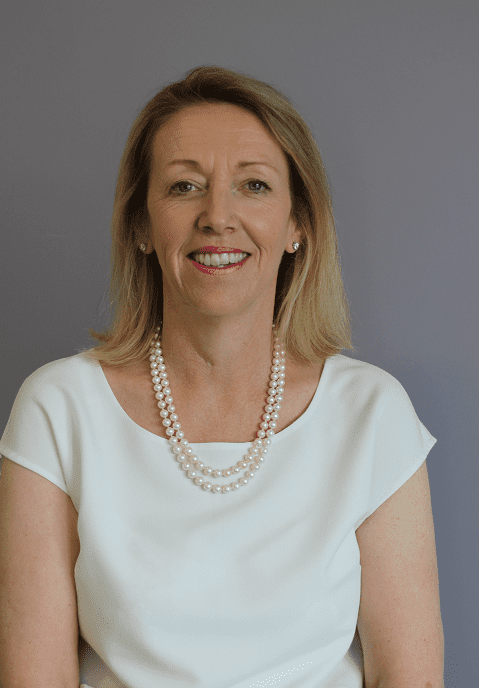
Yvonne is an experienced Executive Director with a career spanning services across both primary and community care. She joins us from Primary Care Sheffield where, as Deputy Chief Executive, Yvonne led on the development of new models for primary care at scale. Yvonne is also the joint Senior Executive for the community mental health transformation national programme of change.
Before this, Yvonne was Deputy CEO for City Health Care Partnership in Hull and East Riding. During her career, she has gained considerable experience in leading and mobilising large scale tenders and implementing complex organisational change at scale.
We extend a warm welcome to Yvonne.



